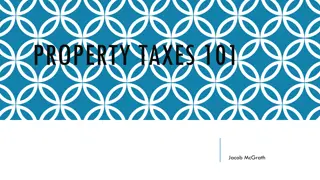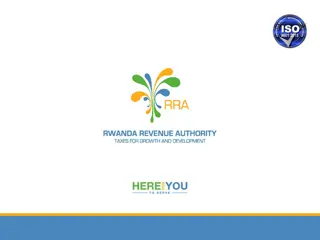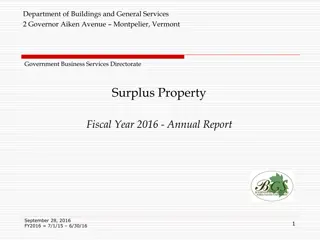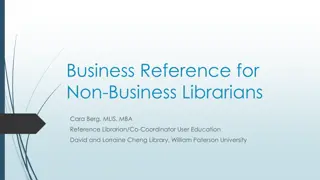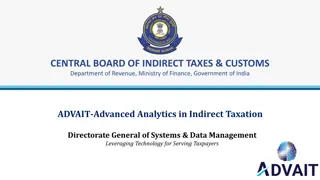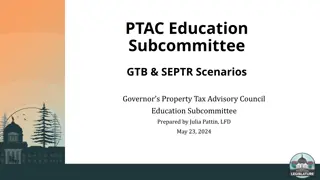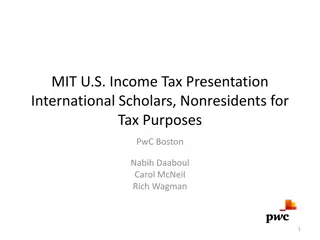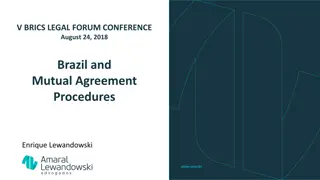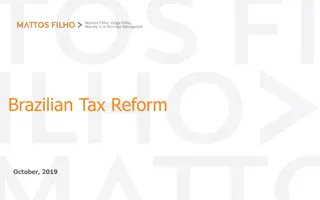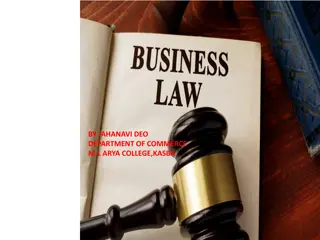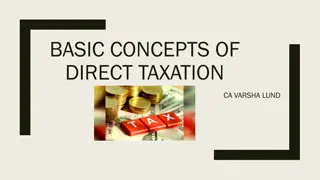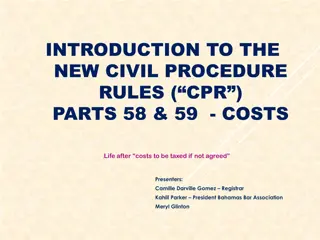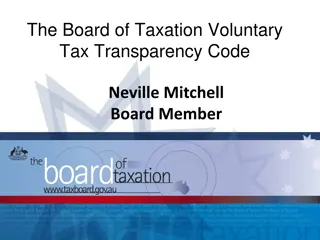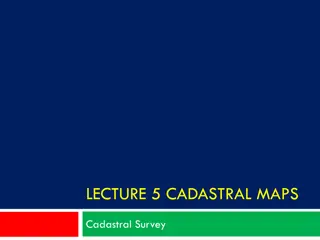Understanding Business Personal Property and Taxation Overview
Understanding Business Personal Property (BPP) is essential for businesses, as it encompasses tangible assets like fixed assets and inventory. BPP is used for income production and is subject to taxation in Texas. Properly reporting BPP through a rendition form is crucial to avoid penalties. Fixed assets include furniture, machinery, and office equipment, while inventory comprises goods held for consumption or sale. Providing detailed cost information in the rendition aids in accurate property appraisal.
Download Presentation

Please find below an Image/Link to download the presentation.
The content on the website is provided AS IS for your information and personal use only. It may not be sold, licensed, or shared on other websites without obtaining consent from the author. Download presentation by click this link. If you encounter any issues during the download, it is possible that the publisher has removed the file from their server.
E N D
Presentation Transcript
Understanding Business Personal Property
Business Personal Property or BPP is tangible property owned and used by a business for the production of income. BPP is generally movable and is not affixed to or associated with the real property (structures and land). Like real property, BPP is taxable in Texas and is valued by the central appraisal districts. BPP is primarily composed of fixed assets and inventory.
Fixed Assets: Also known as use assets, they re items commonly described as furniture, machinery, signs, some leasehold, office equipment, electronics, computer and data equipment, vehicles and trailers, aircraft, watercraft and any other kind of asset that is held by its owner to be used for the purpose it was created.
Inventory & Supplies: BPP that is held by a commercial or industrial enterprise for consumption, processing or sale. Inventory can also be described as raw materials, foods in process, finished goods, goods held for sale, consigned goods and floor planned goods.
BPP Rendition Overview A rendition is a form used to report all taxable property (fixed assets and inventory) owned as of January 1, tax code section 22.01. State law requires on or before April 15th a person shall render for taxation all tangible personal property owned for production of income that the person owns or manages and controls as a fiduciary on January 1. A penalty of 10% of the tax liability will be imposed for failure to file a timely rendition. If you would like an extension written request can be made before April 15th Providing detailed cost information in your rendition will greatly aid in our efforts to accurately appraise your business
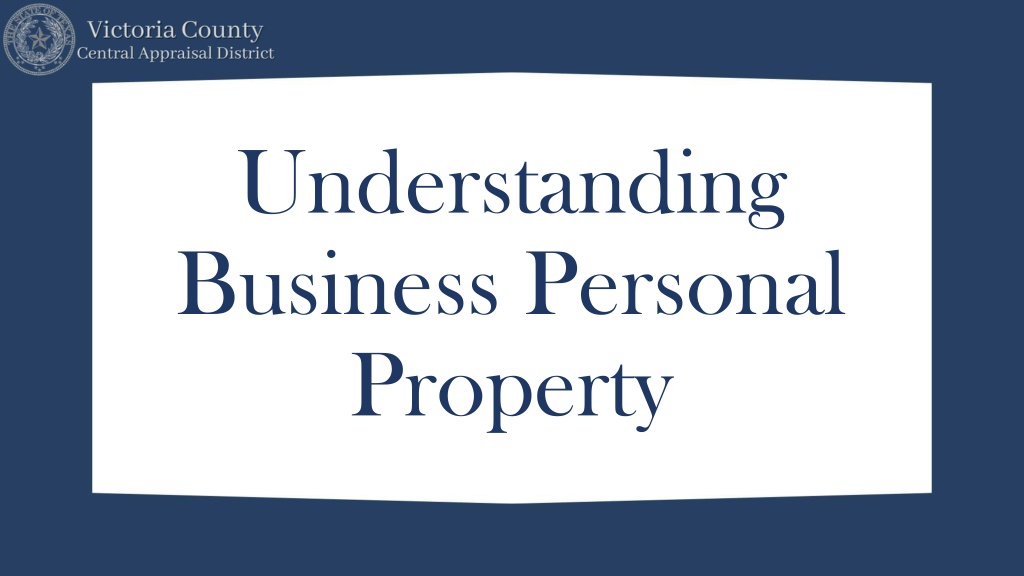

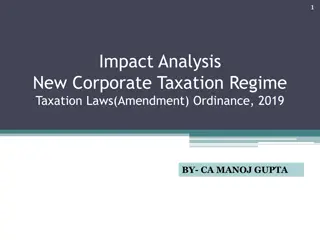

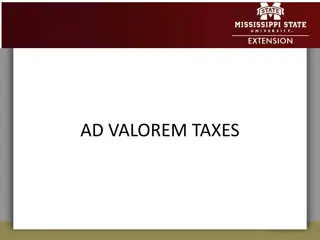
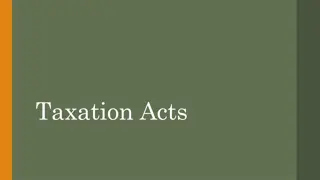
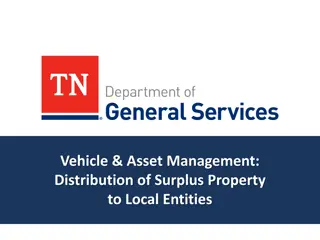
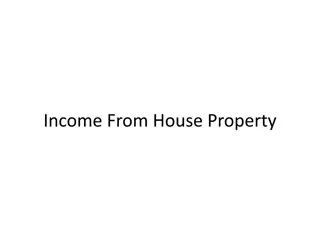


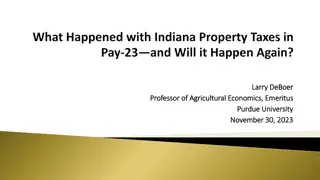
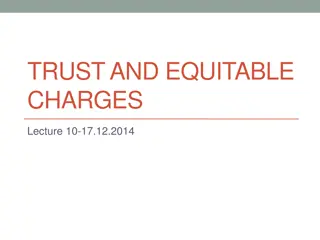
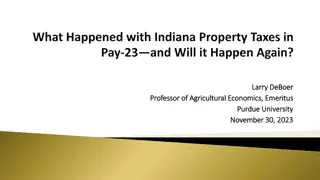

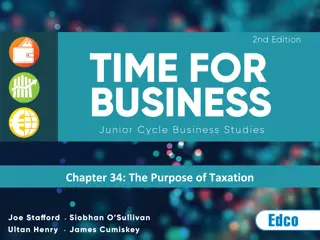
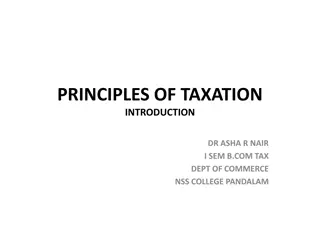
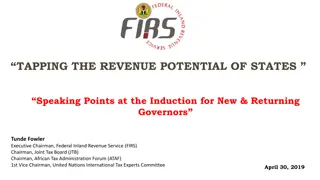
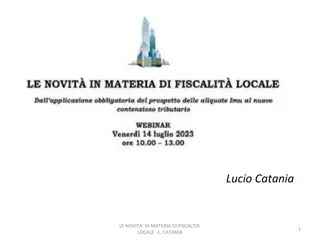
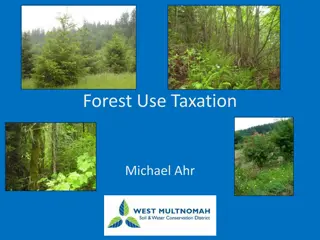
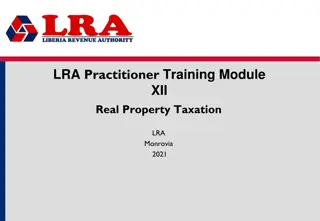
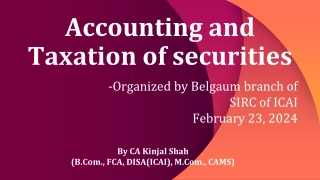
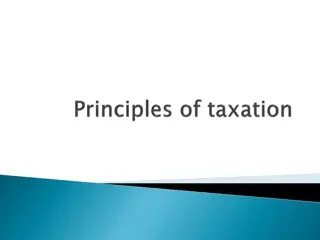
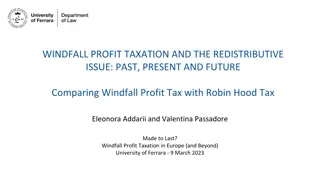
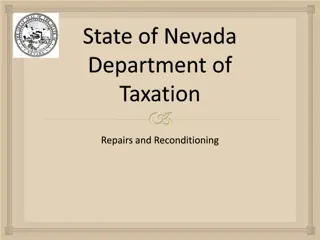


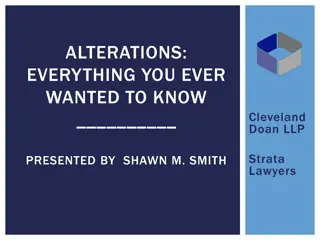
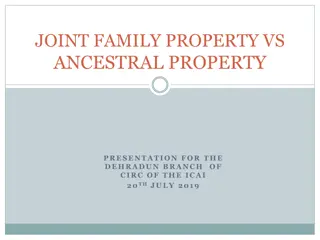
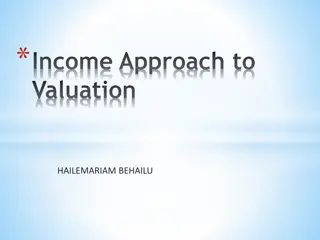
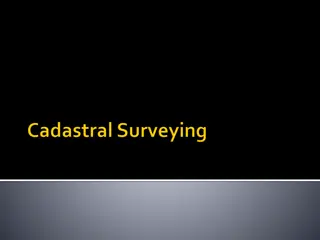

![Property Settlements in Family Law: Case Study of Stamatou & Stamatou [2022] FedCFamC1F 241](/thumb/63303/property-settlements-in-family-law-case-study-of-stamatou-stamatou-2022-fedcfamc1f-241.jpg)
